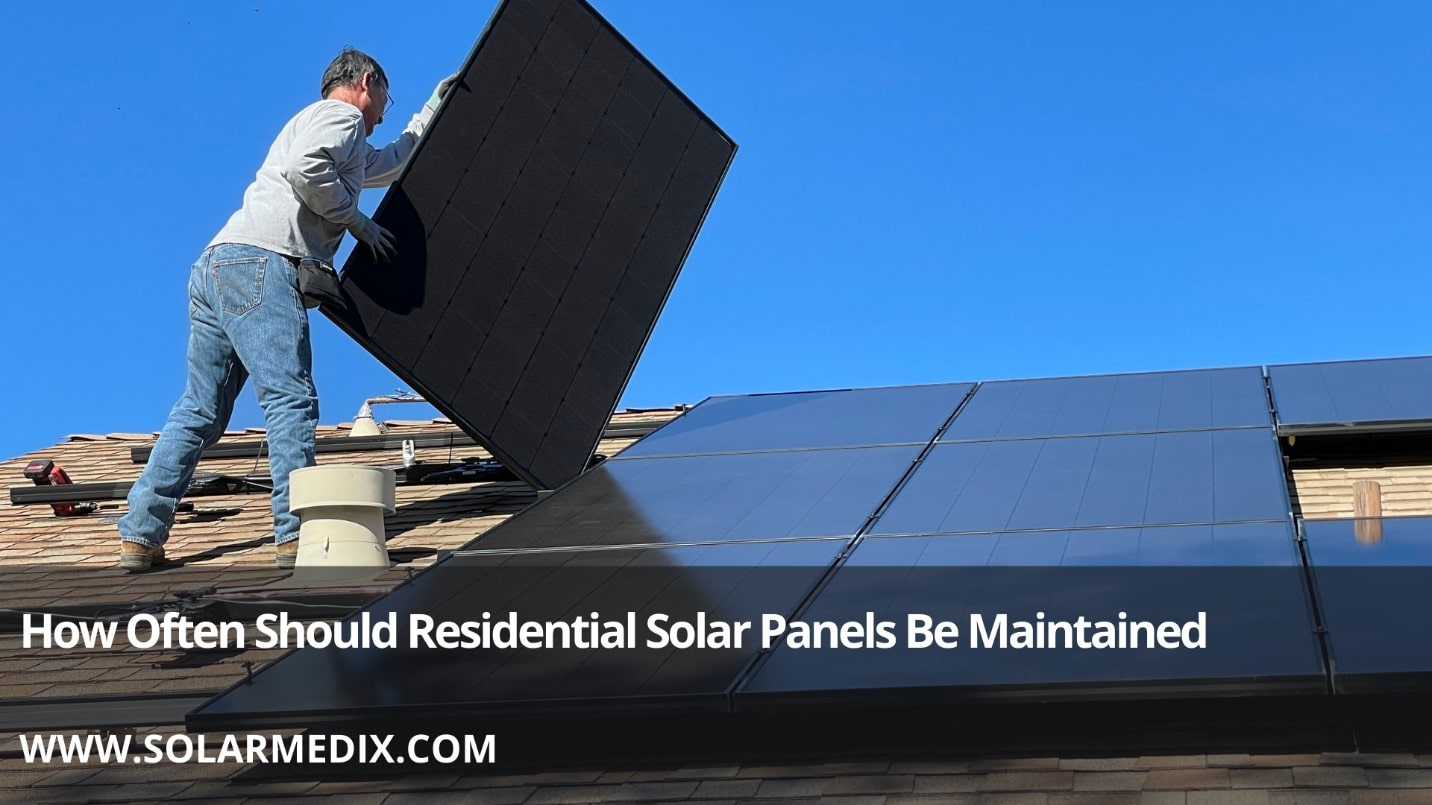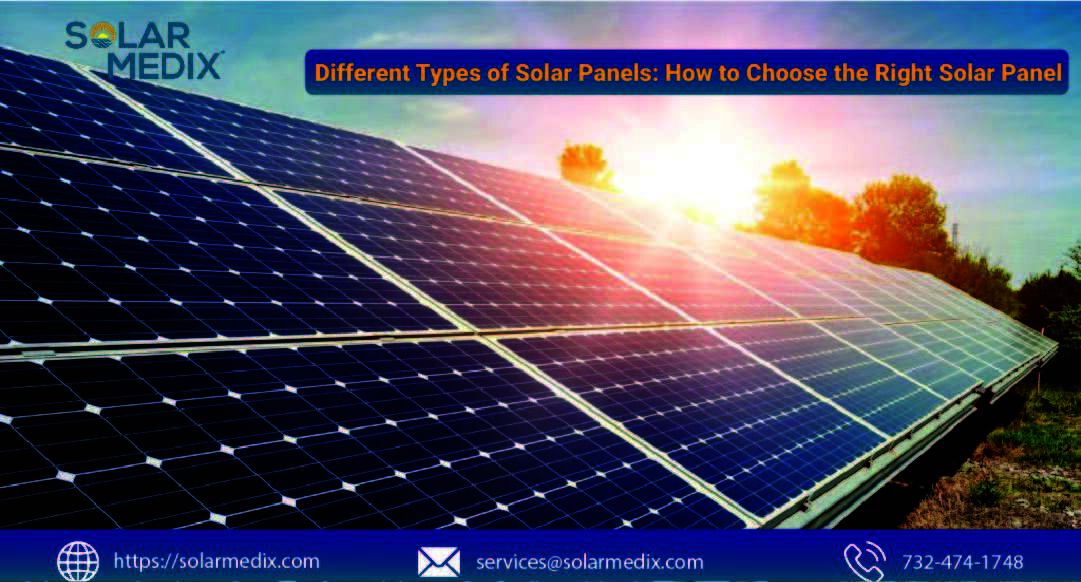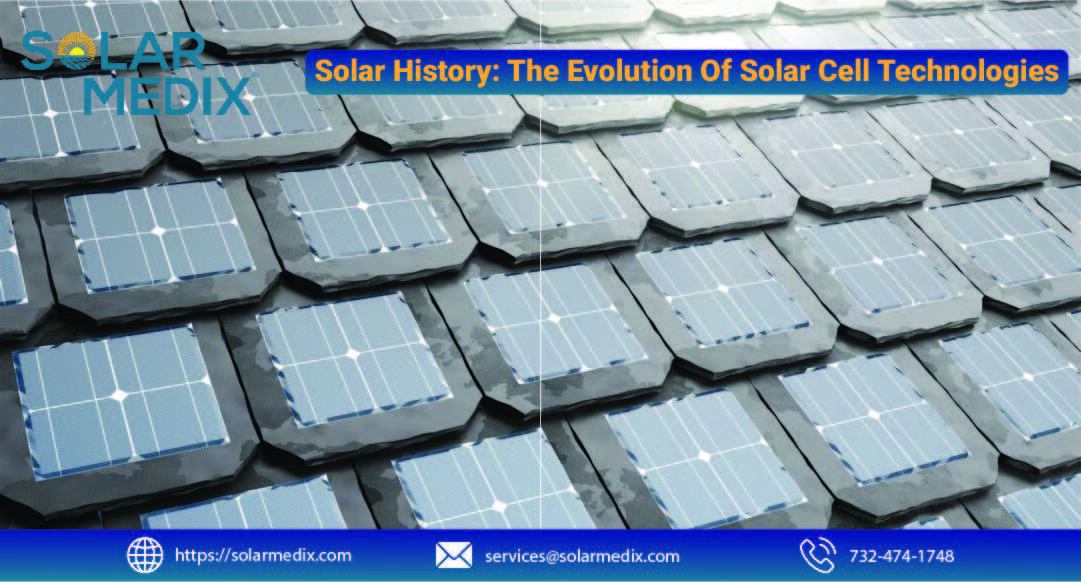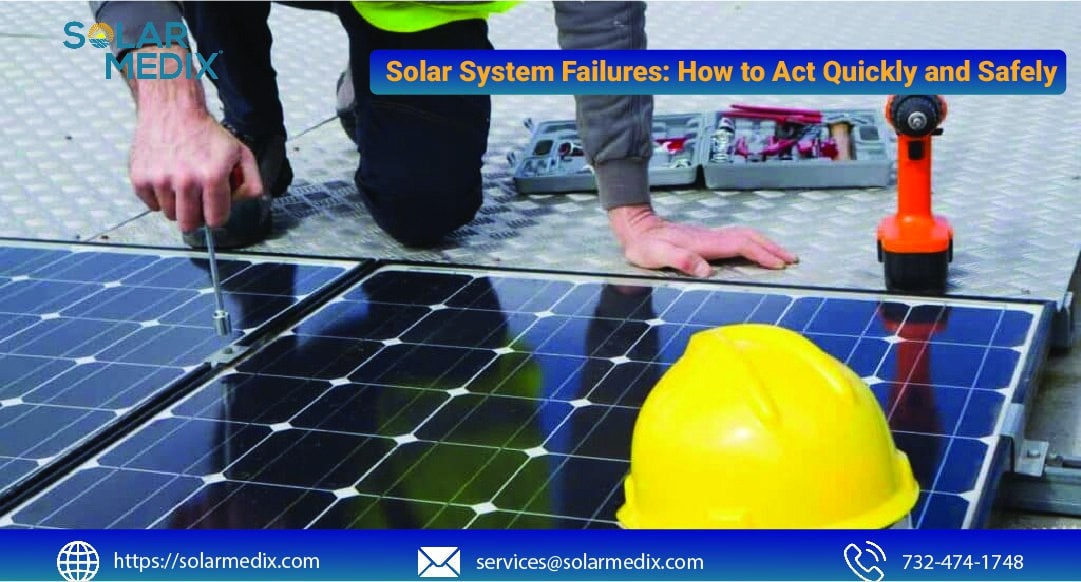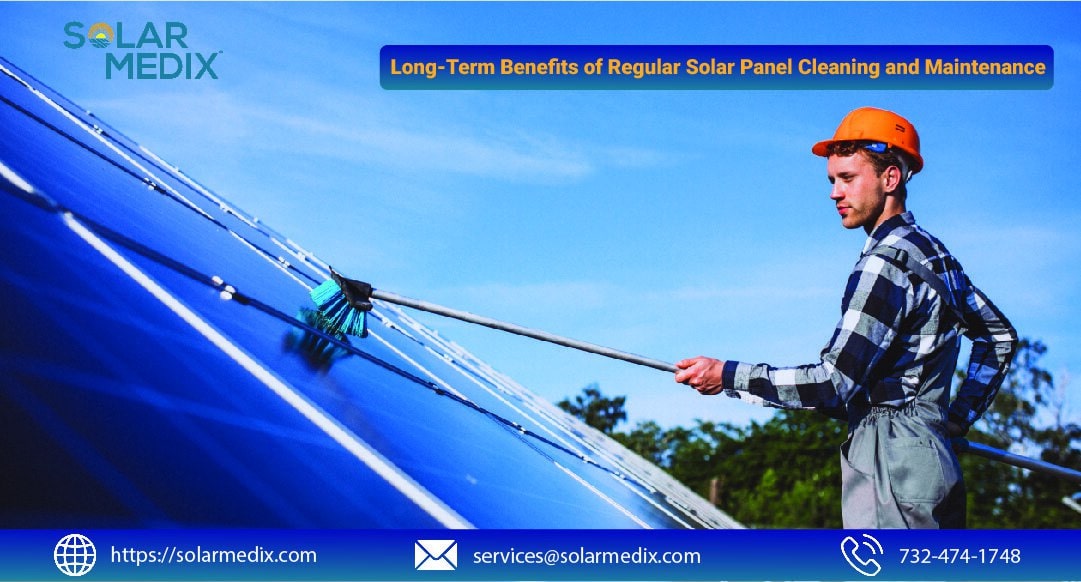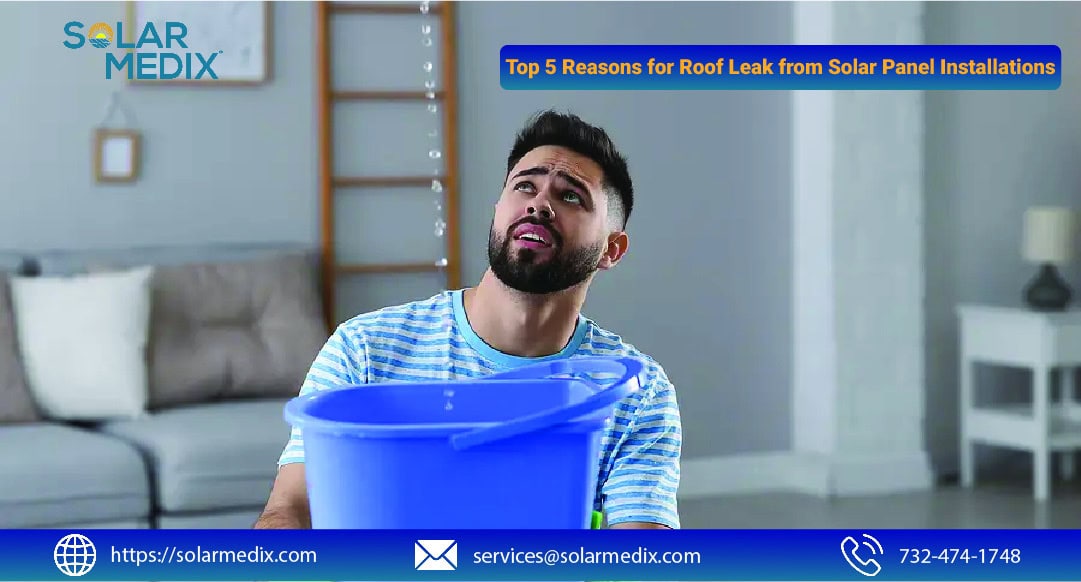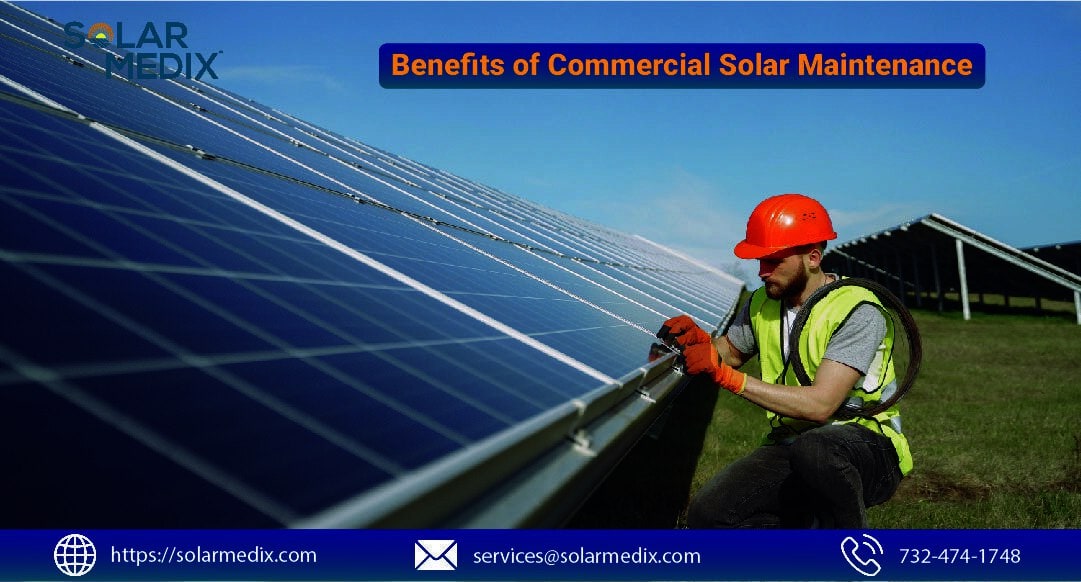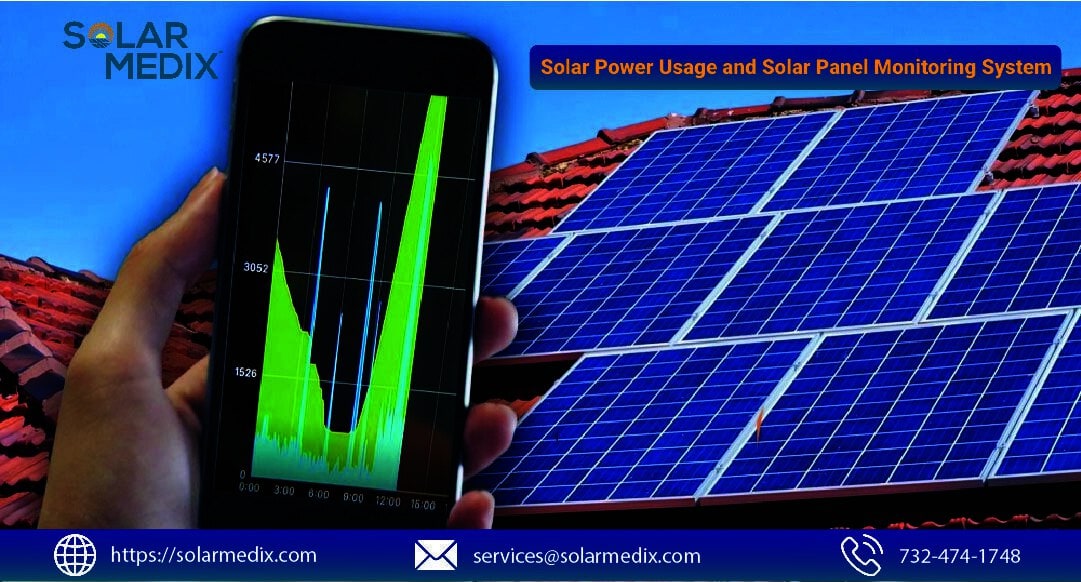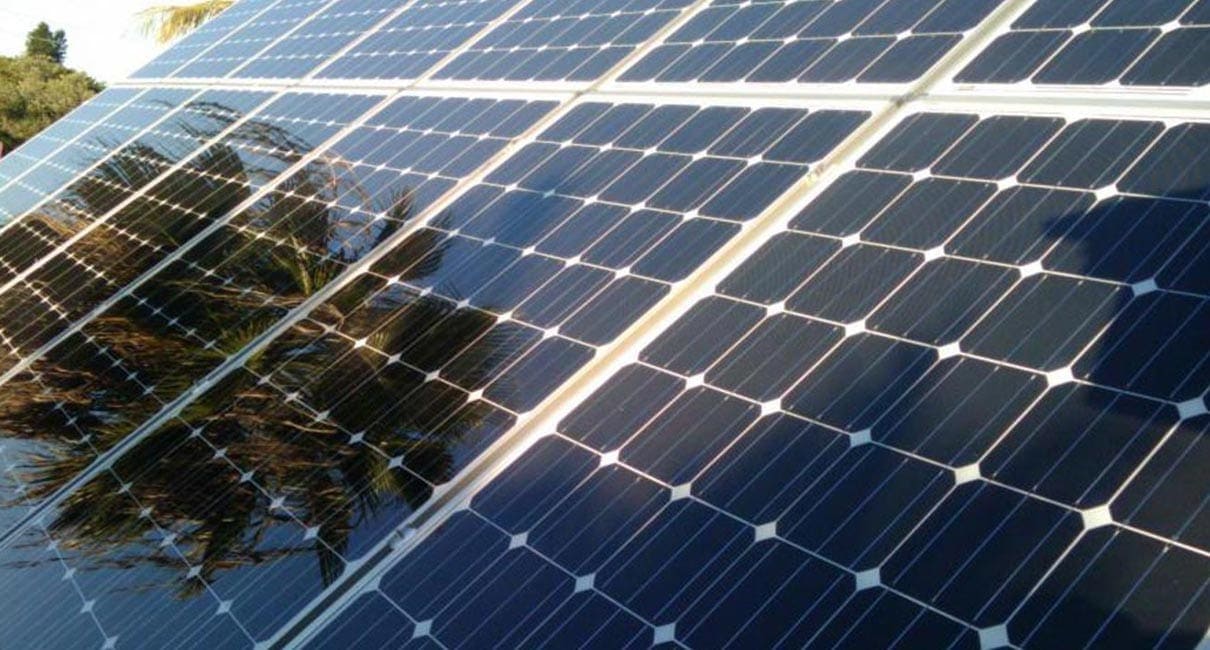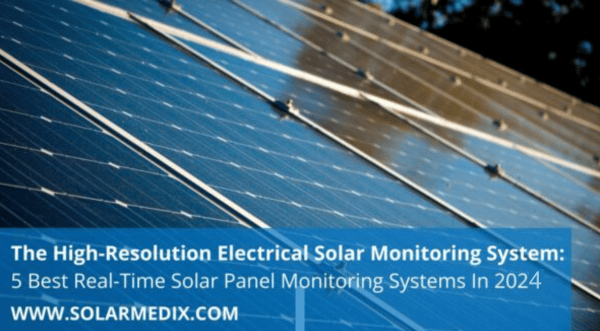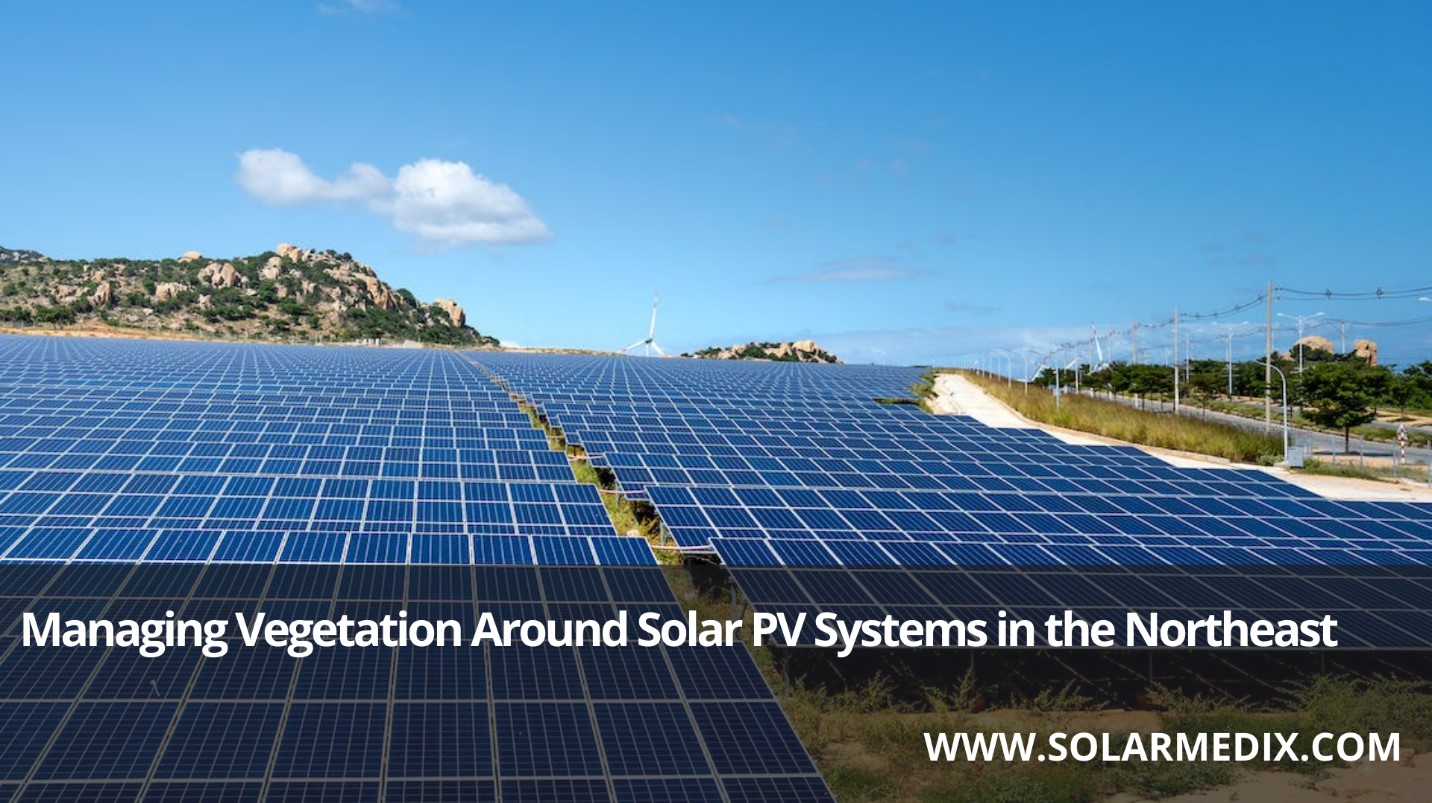Every solar panel installed to generate renewable energy comes with a limited warranty and must be maintained to retain the warranty. It is also a good safety measure for users, ensuring that systems comply with industry guidelines. Residential solar panels are often used to power homes locally in New Jersey and in other states, though larger residential electricity usage such as powering air conditioning or appliances may require commercial solar panels or other complex generation set-ups.
The truth is that solar panels and any mechanical system will need regular care to continue operating at peak efficiency. This guide will show you the basics of residential solar panel maintenance to maintain your investment and get the full effect of solar energy on your home.
Factors Determining Solar Panel Maintenance
The following are the main points to consider when determining how often you should maintain your residential solar panels:
Size of Your Solar Panel System
The size of your solar panel system can significantly impact how often you need to clean your panels. If you have a small system, such as a few panels on your roof, you will probably only need to sweep them off once or twice yearly. However, if you have an extensive system with many panels spread out over a large area, you may need to clean them more frequently. Cleaning frequency for large systems is typically between once every 2-4 months, depending on the weather and sun intensity in your area. Larger systems require more regular maintenance than smaller ones because they have more components that could potentially fail or need cleaning.
Type of Panels You Have
Your type of panels will also determine how often you need to clean them.
For example, you may have monocrystalline panels or polycrystalline panels. These two panels require different cleaning methods and frequencies based on their construction and materials.
Monocrystalline panels are usually made from pure silicon and are more expensive than polycrystalline panels, which use recycled silicon. The pure silicon used in these panels requires less maintenance than the recycled ones, which have impurities in the silicon. However, this does not mean that you should not clean them; they still need regular cleaning every three to six months.
Polycrystalline solar panels are made from recycled silicon and are less efficient than monocrystalline panels. However, polycrystalline solar panels are cheaper and easier to maintain because they do not require as much cleaning or maintenance as monocrystalline solar panels. You will only need to clean these panels after a drought or rain storm if they get dirty.
The Material Used on the Surface of Your Panels
The material used on the surface of solar panels is another factor that determines how often you should clean them. For example, if your meetings were made out of copper instead of aluminum, they would rust much faster than aluminum ones, meaning that you would need to clean them more often, such as once every six months.
In addition, if you have tempered glass on your panels, they will also corrode faster than other materials such as plastic or vinyl because tempered glass is more complex to clean than other materials like plastic or vinyl.
Age of Your Solar Panel System
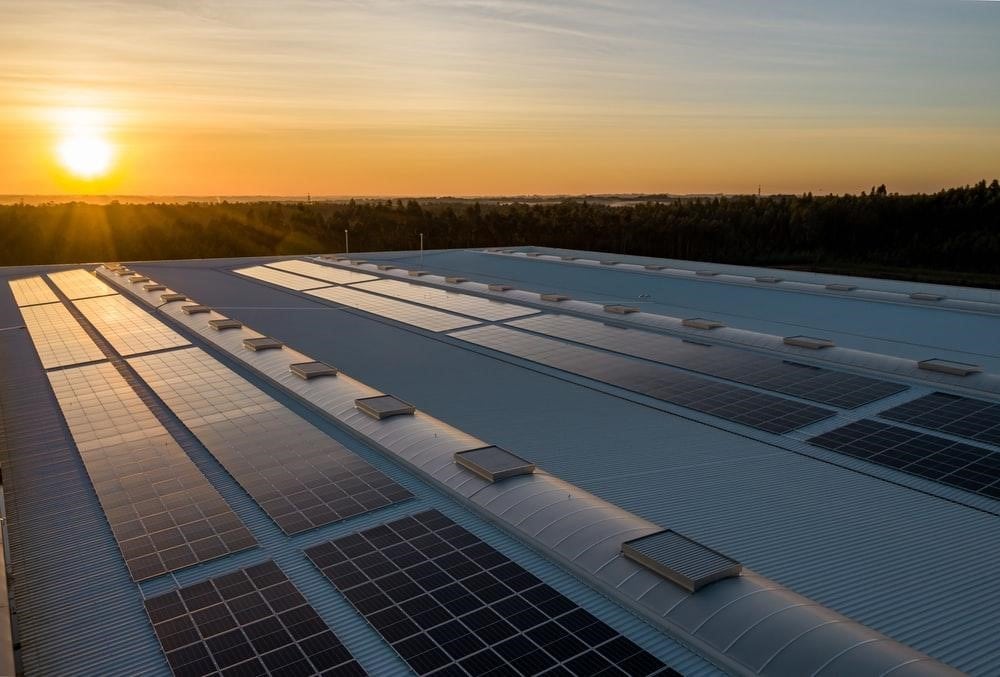
The age of your solar panel system is another critical factor when deciding how often to perform maintenance. Older systems usually require frequent maintenance due to wear and tear and exposure to elements such as rain and wind over time.
If your system is more than five years old, you should consider having it inspected by an expert from time to time to avoid any possible damage or problems that could arise from neglecting routine maintenance such as cleaning or replacing aging parts such as batteries or wiring. Some states may even require homeowners with older systems to be inspected at least once per year before selling their homes since these systems can be very costly if they break down unexpectedly during a home sale process.
Voltage Regulation of Your Solar Panel System
It is essential for homeowners to know that voltage regulation is an important feature of a solar panel owner’s manual. In fact, it is one of the main factors determining how often you need to maintain your system. A poorly regulated system will lose efficiency over time and may even require replacement if not maintained well enough after a few years. If your voltage regulator is not working correctly, then it is likely that your battery bank will not be held well enough either and will not perform as expected when needed most during power outages or storms. Therefore, if you want to maximize their lifespan, carry out maintenance at least once or twice a year to ensure that the wattage of each panel is optimum.
So, How Often Should You Maintain Your Residential Solar Panels?
The best way to tell if your solar panels need to be cleaned or maintained is by looking at them. If you see any damage, it is time for a professional inspection and cleaning. If there are no visible signs of wear, then you probably do not need any maintenance.
A good rule of thumb is that most solar panel manufacturers recommend having your panels cleaned twice yearly if they are in direct sunlight 24/7.
What Happens to Solar Panels When They Go Unattended?
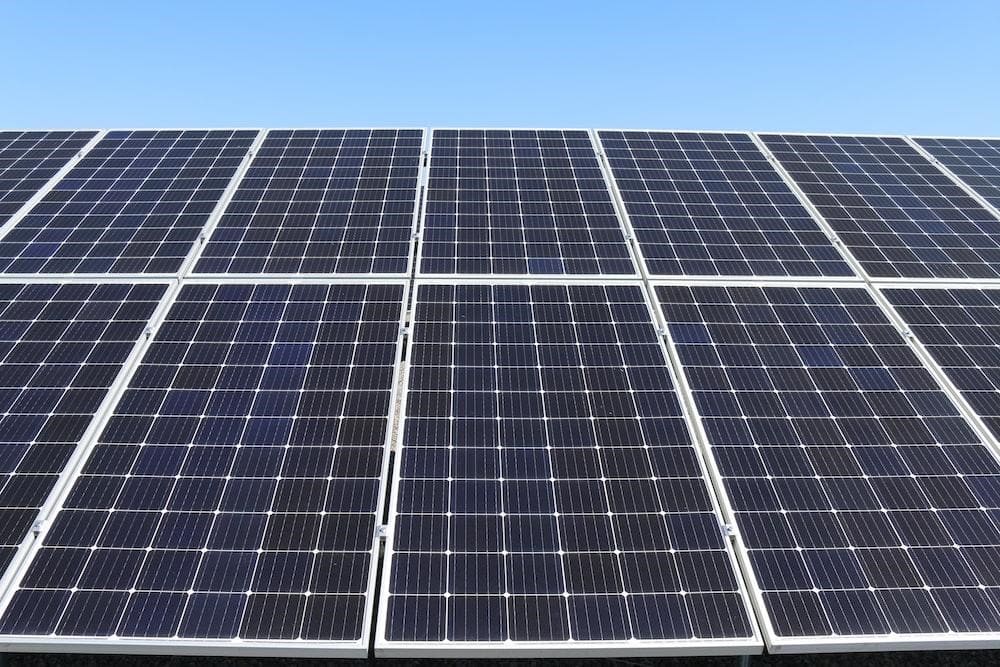
The more you maintain your residential solar panels, the longer they will last. But if you do not maintain them, there are consequences.
The first consequence is that your solar system will not be able to produce as much energy as it should. It could even stop working altogether if the problem is severe enough.
The second consequence is that you will have to spend more money on repairs and replacements in the future. This can lead to higher costs for maintenance and replacement, which could eventually cancel out any savings from using solar power in the first place.
To avoid these consequences, you must learn how to maintain your residential solar panels and ensure frequent maintenance properly. In case of any damage due to negligence on your part, you must contact an expert immediately and get it repaired as soon as possible.
Maintenance Tips to Keep Your Residential Solar Panels Operating at Their Best
To ensure that your solar panels are always working at their best, consider these maintenance tips:
Check for Damage – One of the things that can damage your solar panels is hail or other large impacts with objects such as trees or power lines. You may not realize it immediately, but if you notice any dents or scratches on your panels, they may be damaged and need repair before they break down completely.
Check Your Battery – If you have a battery backup system installed along with your solar panels, this is another component that will require regular maintenance and replacement over time. To keep your battery running smoothly and effectively, check its charge level every few months and make sure it is operating within normal parameters as recommended by the manufacturer.
Clean Your Panels – The final step in maintaining your solar panels is ensuring they are clean and free from dust build-up or other debris. This will help ensure that they work at maximum efficiency and do not become covered by dirt or debris collected during the everyday use of your home appliances.
Summing Up
Owning solar panels is one thing; keeping them running in top shape is another. Solar energy systems are more complex than they may seem and require proper maintenance. The most crucial factor to remember when caring for your residential solar panels is that every system is different, so there is no universal upkeep schedule. These key factors are what you should consider when it comes to solar panel maintenance: age, quality, and wattage of your panels, weather patterns in your region, and the condition of the roof where the panels are installed.
There’s a lot to it. That’s why it makes sense to have professionals do it for you. Our team at SolarMedix.com has served the New York and New Jersey areas for over 19 years. We’ve completed nearly 6,000 projects. Put that experience to work for you.
Feel free to reach out to us if you have any questions. Or, if you like, we can give you a no-obligation quote on your project. Call us at 732-785-4814 or book a consultation online. And we’ll get in touch within 24 hours.
